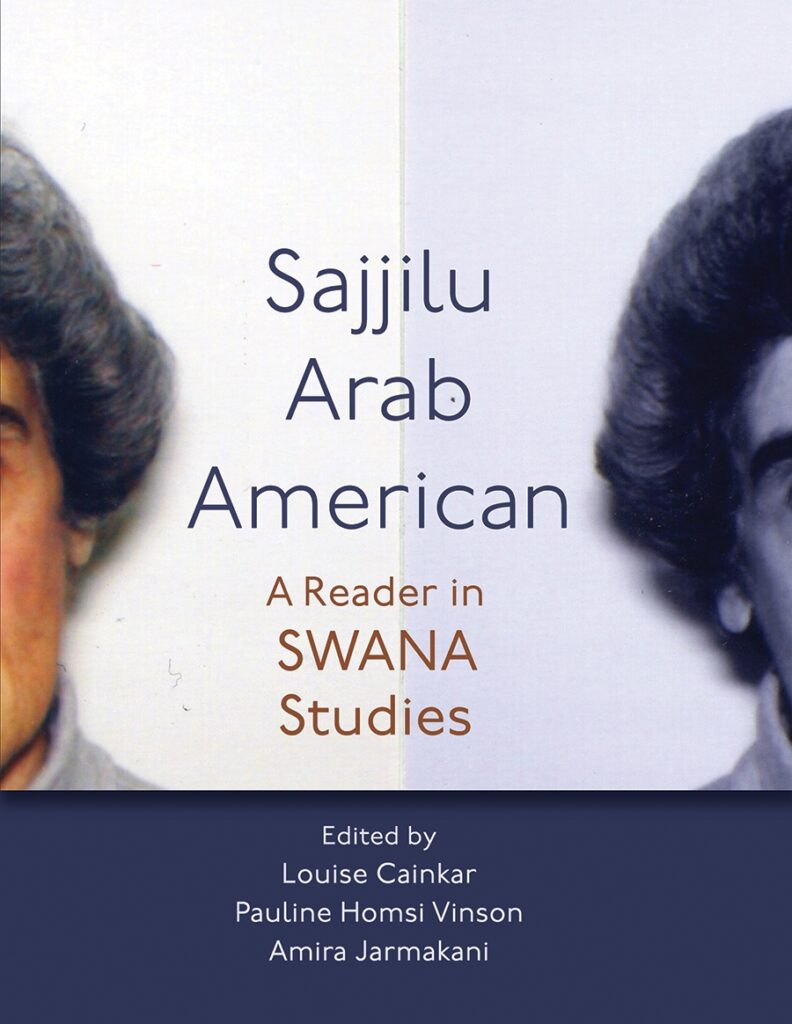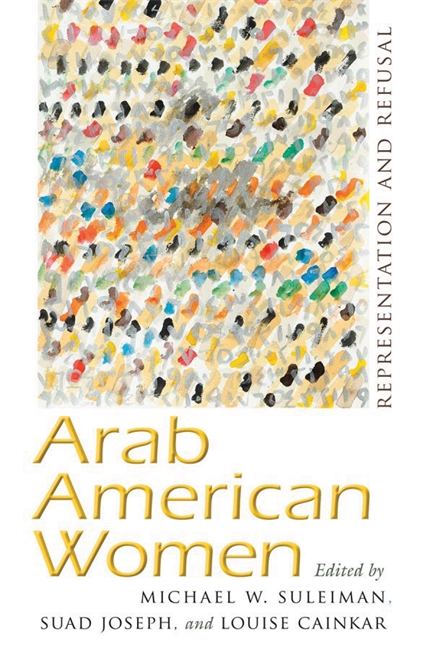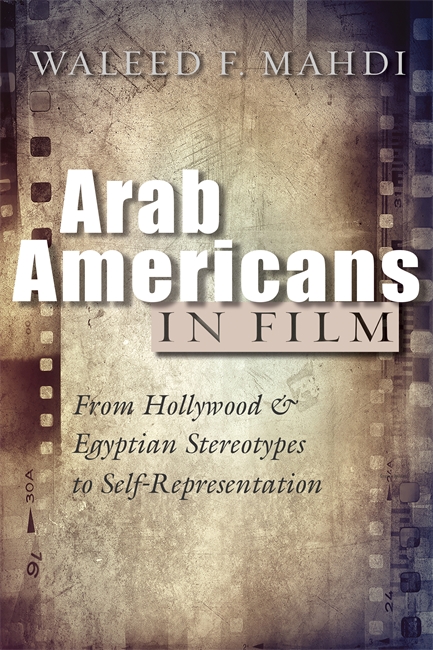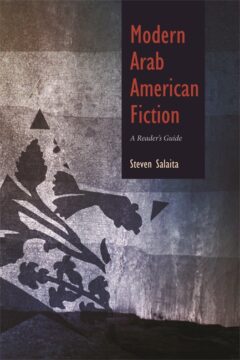Once per month on What’SUP, we want to highlight one of our series, looking ahead to what sorts of projects we’re excited to publish in the future from the people who work closely on the series, and focusing on some recently published titles. For this inaugural Series Spotlight, we’re looking at our Critical Arab American Studies series.
Syracuse University Press’ Critical Arab American Studies series examines the experiences, nuances, challenges, and joys of Arab American life. Born out of the our earlier Arab American Writing series, which included fiction, poems, and memoirs, this new list features a range of innovative scholarly texts that challenge Orientalist and Islamophobic paradigms.
From the Acquisitions Editor, Laura Fish
The field of diaspora studies is ever expanding and gaining greater traction as scholars continue to consider transnational connectivity and the vibrancy of local community building. With this series, we are looking forward to further monograph projects that come from a variety of disciplinary backgrounds. To complement our strong legacy of literary studies approaches, we are seeking out diaspora studies that come out of history, sociology, anthropology, race studies, gender studies, cultural studies, and media studies focuses. Working with authors who challenge definitions and demarcations of identity, we are looking forward to new titles that examine how religion, gender, national heritage, diasporic status, ethnicity, race, and place shape how we understand the variety of approaches to what it means to be Arab in North America.
Sajjilu Arab American: A Reader in SWANA Studies (2022)

Edited by Louise Cainkar, Pauline Homsi Vinson, and Amira Jarmakani
The first comprehensive, multidisciplinary text of its field, Sajjilu Arab American: A Reader in SWANA Studies covers essential topics of migration, race, securitization, empire, representation, orientalism, and solidarity in Southwest Asia and North Africa (SWANA). This book puts the history and contemporary issues of Arab Americans, U.S. Muslims, Southwest Asians, and North Africans into conversation, creating a holistic guide to the field and the opportunity to explore new directions. Read further about Sajjilu Arab American in Al Jadid’s review here.
Arab American Women: Representation and Refusal (2021)

Edited by Michael Suleiman, Suad Joseph, and Louise Cainkar
Arab American women are and have been integral to the development of their homes, communities, and countries, and while their contributions have been ignored or even stereotyped in the past, the emerging field of Arab American women’s studies lends them the recognition they deserve. They are vessels of culture, catalysts of progress, active members of every aspect of society – and they tell their own stories. Through ethnographic, anthropologic, historical, and activist perspectives, the essays in this book examine the nuance, strength, and solidarity of Arab American women. Read Choice’s review of Arab American Women: Representation and Refusal here.
Arab Americans in Film: From Hollywood and Egyptian Stereotypes to Self-Representation (2020)

Waleed F. Mahdi
Examining cultural citizenship in Arab, American, and Egyptian cinema, Arab Americans in Film: From Hollywood and Egyptian Stereotypes to Self-Representation shines a critical spotlight [RR1] [JA2] on the often-politicized image of Arab Americans in film. While American cinema tends towards painting Arab Americans as either a national security threat or foreign policy concern, Egyptian film lends these individuals a more nuanced identity, though still within a binary of “glorified Egyptian” or “denigrated American.” This book does not view orientalism nor racialized histories as the sole root for such portrayals, but instead implicates cultural imaginations of “self” and “other.”
Read Linda Y. Mokdad’s review of Arab Americans in Film in The Middle East Journal here.
Modern Arab American Fiction: A Reader’s Guide (2011)

Steven Salaita
Part of the original Arab American Writing series, Modern Arab American Fiction is engaging to a wide audience, written accessibly for beginners and with extensive critical analysis for scholars, and every kind of reader in between. Steven Salaita highlights best-selling authors Rabih Alameddine, Mohja Kahf, Laila Halaby, Diana Abu-Jaber, Alicia Erian, and Randa Jarrar, chronicling each writer’s stories and how they have shaped the genre so far. It’s a “vivacious and accessible book,” according to Waïl Hassan, translator of Thou Shalt Not Speak My Language, and is “a much-needed introduction to a vibrant … novelistic tradition.”

